Accountability and inclusion

FAO is accountable to the women, men, boys and girls whose lives it aims to improve, and places this responsibility at the core of its emergency response and resilience programmes.
Accountability and inclusion addresses issues such accountability to affected populations, protection from sexual exploitation and abuse, diversity and inclusion.
Focusing on the rights, responsibilities, dignity and safety of all segments of an affected community, accountability and inclusion identifies the capacities, aspirations, constraints and unique needs by gender, age and diversity groups as they
evolve over time. In practice, it entails two-way communication channels, which are essential to provide information that enables affected people to make informed decisions about their own lives. It also includes encouraging, listening to
and acting on their complaints and, adapting programmes based on their feedback.
Another important measure is guaranteeing affected populations have access to aid without fear of exploitation or abuse by any aid worker. Overall response efforts involve enabling people to report on or address sexual exploitation and abuse,
and sexual harassment without fear of retaliation.
FAO fulfils its commitment to accountability and inclusion by ensuring a people-centred response through:
- institutional commitment to integrate and mainstream accountability and inclusion across all emergency and resilience programming
- partnerships and coordination with key stakeholders at all levels to maximize synergies and foster exchange of best practices
- continuous awareness-raising and capacity development of staff and partners
- ensuring participation and inclusion of affected populations in decisions that impact their lives
By being more accountable to affected populations, FAO achieves programmes of higher quality, with greater and more sustainable impact.
News
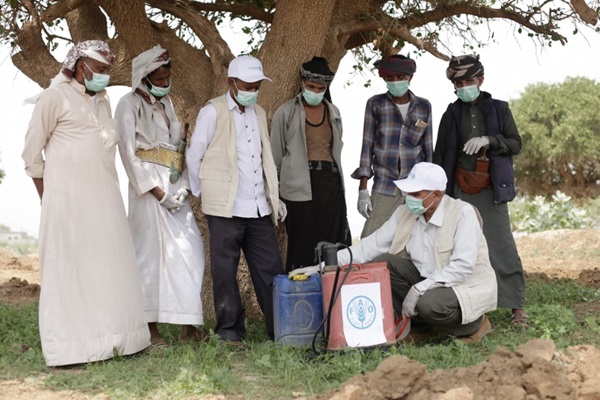
News
Innovative biopesticides control Fall armyworm in Yemen
31/08/2023
Farmers use a natural extract from local trees to manage the pest sustainably
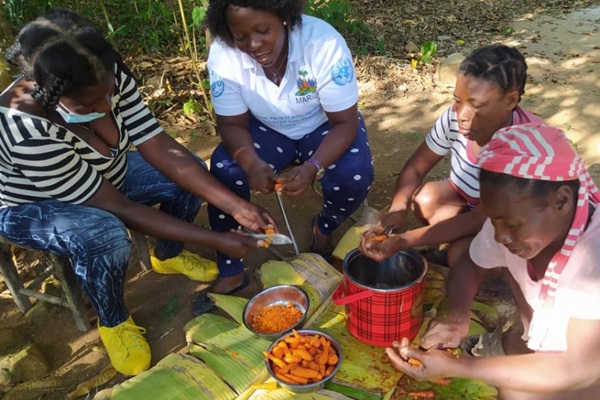
News
Rural women in Haiti invest in themselves
10/07/2023
Village savings and loan associations help Haitian women build their businesses and futures
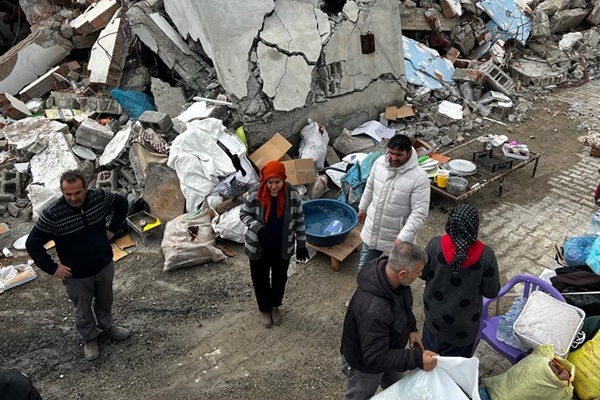
News
Türkiye: Women-led agrifood cooperatives extend a lifeline to earthquake-affected communities
26/06/2023
From producing dried foods to leading relief efforts, Mutlu Besin Cooperative transforms into a hub of assistance and psychosocial support for a community...
Publications
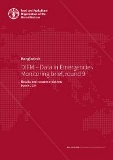
Publications
Bangladesh: DIEM – Data in Emergencies Monitoring brief, round 9
03/2024
This Data in Emergencies Monitoring (DIEM-Monitoring) brief shares the results of a ninth-round assessment conducted in November and December 2023 in...
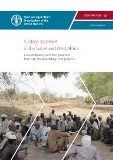
Publications
Sustaining peace in the Sahel and West Africa: Lessons learned and best practices from FAO Peacebuilding Fund projects
09/2023
Since 2018, the portfolio of PBF projects implemented by FAO in the region has consolidated considerably, with a tripling of funding mobilized.

Publications
COVID-19 response: Strengthening local agricultural supply chains
05/2023
The emergence of COVID-19 greatly impacted countries already grappling with challenges, such as civil unrest, conflict, climate shocks (such as drought...
Multimedia
Video
Listening to Women: adapting to climate change
05/05/2022
Dryland areas are experiencing the devastating consequences of climate change through rapid desertification, increasing poverty and diminished soil...
.tmb-th600x400.jpg?Culture=en&sfvrsn=793c7e3_6)
Photo collection
Afghanistan: FAO trains rural women in northern Afghanistan on soy food preparation
28/02/2022
View this photo gallery on Flickr
Video
Women Empowerment: Paving the Way for Sustainable Natural Resource Management in Nepal
27/03/2023
FAO's gender policy recognizes that addressing gender inequalities and promoting women's empowerment is a significant element of its intervention.
